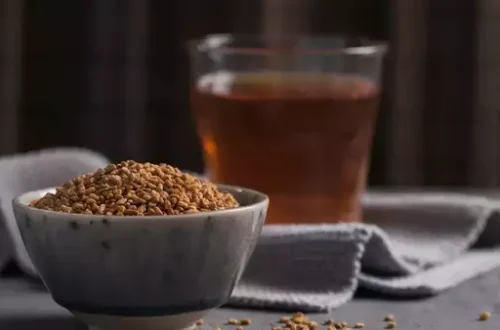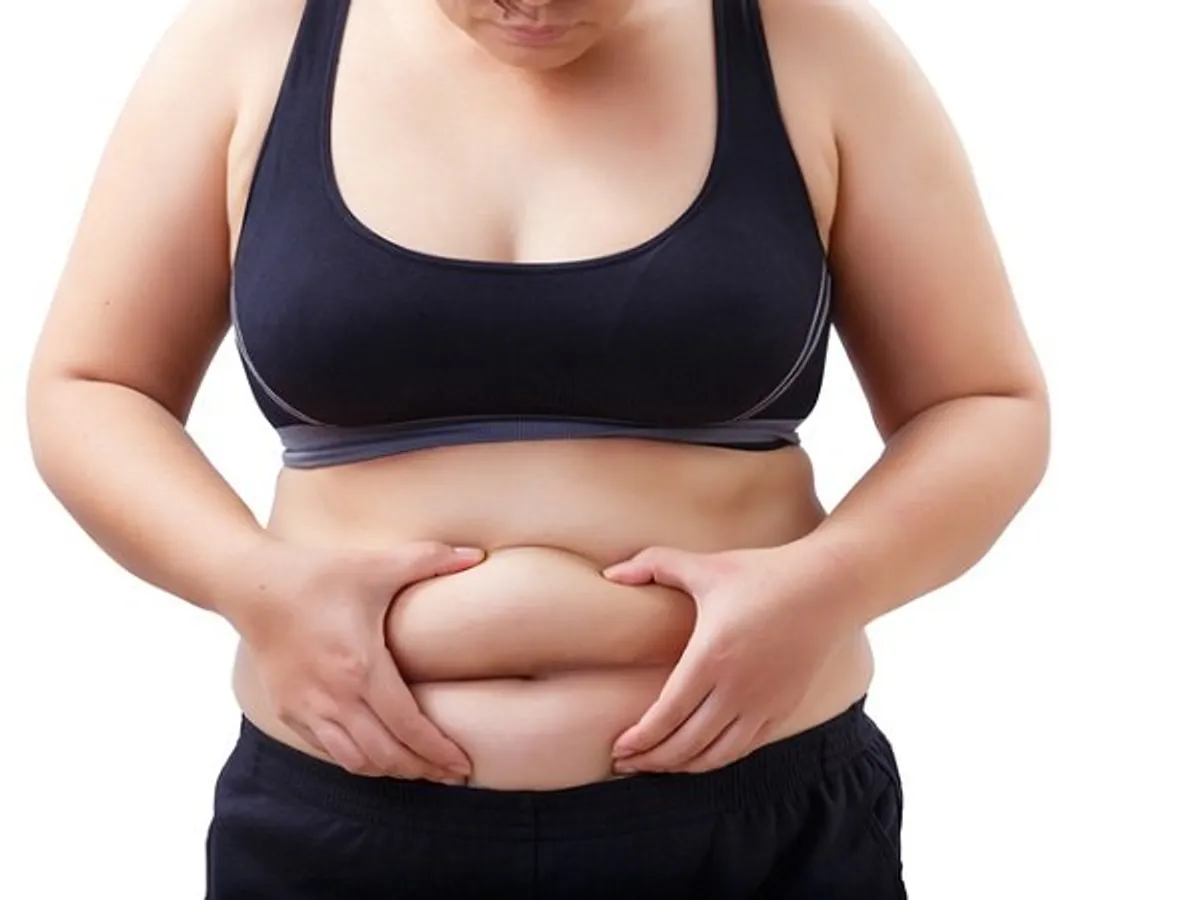Kidney stone are a prevalent health concern, affecting millions of individuals worldwide. These solid masses can vary in size and composition, with some reaching the size of a small pebble. While they can develop silently within the kidney, their movement through the urinary tract often unleashes a torrent of discomfort and unmistakable symptoms. Kidney stones don’t discriminate—they can affect people of all ages, genders, and backgrounds. The key to managing them effectively lies in recognizing the symptoms early on and taking the appropriate steps to address them. Whether you’re curious about kidney stones, concerned about a recent diagnosis, or simply looking to educate yourself on this topic, this guide will empower you with valuable insights and information.
Recognizing the Symptoms and Signs of Kidney Stones

Kidney stones can be incredibly painful and often come with telltale signs and symptoms. Understanding these indicators can help you identify if you might have a kidney stone. Here are some common signs to watch for:
- Intense Flank Pain: The hallmark symptom of a kidney stone is severe, crampy pain that usually starts in the lower back or side (flank) and radiates to the lower abdomen and groin. The pain can come in waves and may be excruciating.
- Hematuria: Kidney stones can cause blood in the urine (hematuria). This can make your urine appear pink, red, or brown. If you notice blood in your urine, it’s essential to seek medical attention.
- Frequent Urination: You may feel an urgent need to urinate more frequently than usual, even if there is minimal urine output. This can be a sign that a stone is obstructing the urinary tract.
- Painful Urination: Kidney stones can cause discomfort or a burning sensation during urination. This is often due to irritation of the urinary tract.
- Cloudy or Foul-Smelling Urine: Kidney stones can sometimes lead to changes in urine color and odor. Cloudy or foul-smelling urine may be an indication of an underlying issue.
- Nausea and Vomiting: The intense pain from kidney stones can trigger nausea and vomiting in some individuals. These symptoms may be accompanied by a feeling of general discomfort.
- Fever and Chills: In some cases, kidney stones can lead to fever and chills, especially if there is an associated urinary tract infection (UTI).
- Difficulty Passing Urine: Larger stones can obstruct the urinary tract, making it challenging to pass urine. This can result in a feeling of incomplete emptying of the bladder.
- Painful Groin Area: As the stone moves closer to the bladder, you may experience pain and discomfort in the groin area.
- Painful Flank Swelling: If a stone causes a blockage or backup of urine in the kidney, it can lead to swelling and tenderness in the affected flank.
Kidney Stone Treatment: Natural Home Remedies
Kidney stones can cause excruciating pain and discomfort, but the good news is that many cases can be managed with natural home remedies. In this section, we’ll explore effective ways to treat kidney stones at home without the need for invasive procedures or surgeries.
1.Stay Hydrated
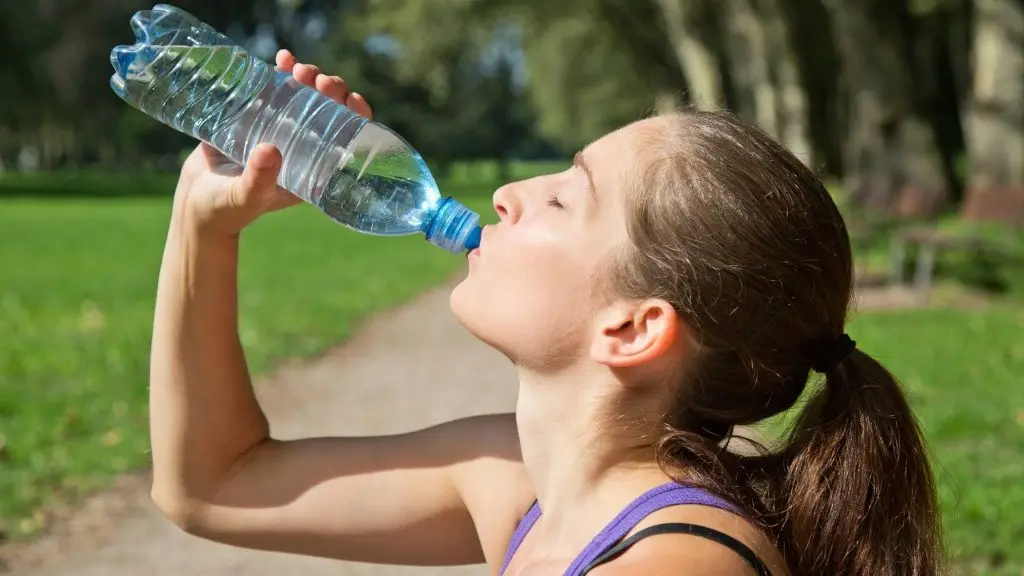
One of the most crucial steps in kidney stone treatment is to stay well-hydrated. Drinking an ample amount of water helps flush out toxins and prevents the formation of new stones. Aim for at least 8-10 glasses of water per day, and consider adding a squeeze of fresh lemon juice for an extra boost.Staying hydrated is paramount in kidney stone prevention. When you drink enough water, you dilute the substances in your urine that can lead to stone formation. Adequate hydration ensures that these substances are more likely to be flushed out of your urinary system before they can crystallize into stones. Additionally, water helps maintain a healthy urine flow, preventing minerals from clumping together.
2.Apple Cider Vinegar

Apple cider vinegar is known for its potential to dissolve kidney stones and ease the pain. Mix 2 tablespoons of apple cider vinegar in a glass of water and drink it regularly. Its acidic nature may help break down the stones over time. Apple cider vinegar’s acidity can help dissolve small kidney stones and provide relief from discomfort. The acetic acid in vinegar can help weaken and break down the stones, making them easier to pass through urine. However, it’s important to note that this remedy may not be suitable for all types of kidney stones, and it’s essential to consult with a healthcare professional before using it.
3.Herbal Remedies
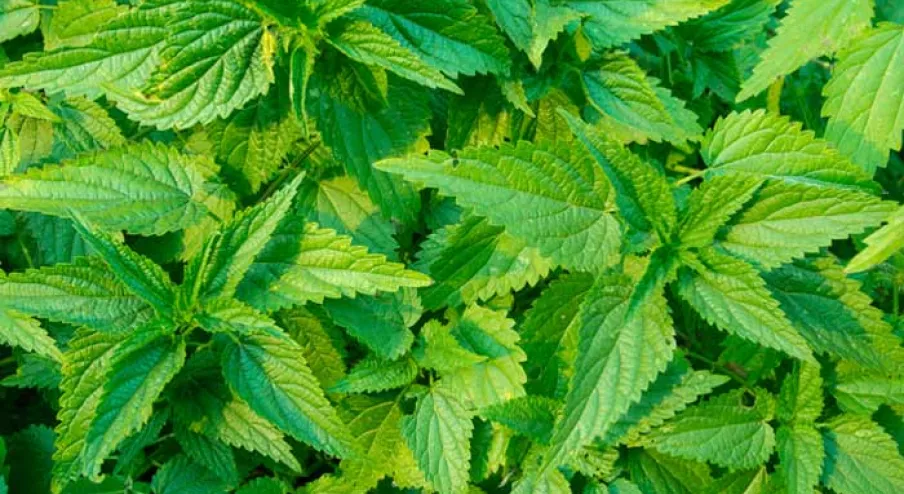
Certain herbs like basil, dandelion root, and nettle leaf have been used traditionally to support kidney health. You can brew these herbs into teas or take them in supplement form after consulting with a healthcare professional. Herbal remedies have been used for centuries to promote kidney health and aid in the prevention of kidney stones. Basil, for instance, is believed to have detoxifying properties that can support kidney function. Dandelion root and nettle leaf are known for their diuretic effects, which can help flush out excess minerals and toxins from the kidneys. However, it’s crucial to consult with a healthcare practitioner before using herbal remedies, as they may interact with medications or have contraindications.
4.Dietary Adjustments:
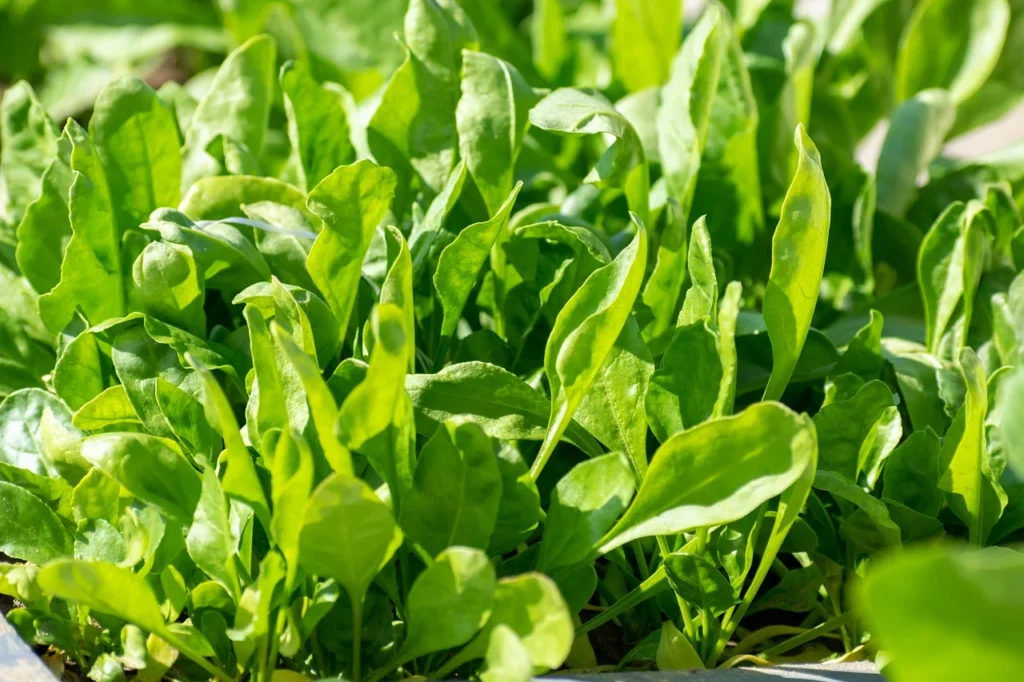
Modify your diet to reduce the risk of kidney stone recurrence. Limit foods high in oxalates, such as spinach, beets, and sweet potatoes. Incorporate more foods rich in magnesium, like leafy greens and nuts, as magnesium can help prevent stone formation. Diet plays a significant role in kidney stone prevention. Foods high in oxalates can contribute to the formation of calcium oxalate stones, one of the most common types of kidney stones. Limiting the consumption of these foods can be beneficial. On the other hand, magnesium-rich foods help prevent stone formation by binding to oxalates in the digestive tract, reducing their absorption into the bloodstream. Including magnesium-rich foods like spinach, almonds, and avocados in your diet can be a proactive step in kidney stone prevention.
5. Kidney-Friendly Foods

Foods like watermelon, celery, and pomegranate are known for their potential to promote kidney health and reduce the risk of stone formation. Including these in your diet can be beneficial. Certain fruits and vegetables can be particularly helpful in supporting kidney health. Watermelon is not only a delicious summer treat but also a hydrating food that can contribute to better urine flow and help prevent stone formation. Celery is known for its diuretic properties, which can aid in flushing out excess minerals from the kidneys. Pomegranate is rich in antioxidants and has been associated with kidney protection in some studies. Including these kidney-friendly foods in your diet can be a tasty way to promote kidney health.
6.Hydrangea Root and Gravel Root
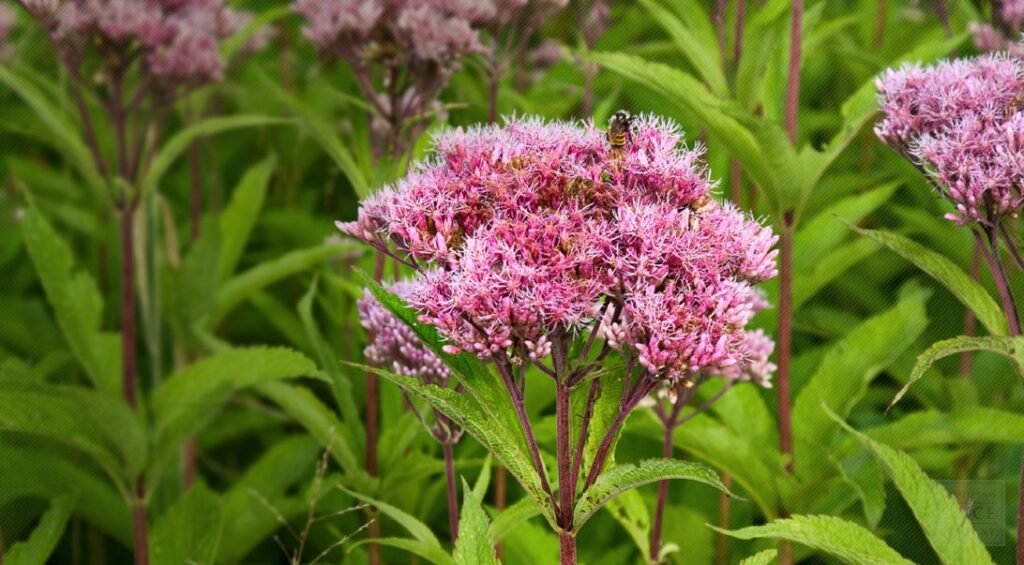
These herbs have been used in traditional medicine to treat kidney stones. Consult a healthcare practitioner before using them, as they may interact with certain medications. Hydrangea root and gravel root are two herbal remedies that have been historically used to treat kidney stones. Hydrangea root is believed to have diuretic properties and may help relax the urinary tract, making it easier for stones to pass. Gravel root, also known as Joe-Pye weed, is thought to have anti-inflammatory effects that could alleviate kidney stone pain. However, it’s crucial to approach these remedies with caution and seek guidance from a healthcare professional before using them, especially if you’re taking medications or have underlying health conditions.
7.Avoid Soda and Sugary Drinks

High sugar intake and the consumption of soda have been linked to an increased risk of kidney stone formation. Cutting back on sugary beverages can be a preventive measure. Soda and sugary drinks are not only associated with weight gain and other health issues but can also contribute to kidney stone formation. High sugar intake can lead to increased urinary excretion of calcium, a key component of kidney stones. Additionally, some carbonated beverages contain phosphoric acid, which may promote the formation of kidney stones. Reducing your consumption of soda and sugary drinks can be a proactive step in kidney stone prevention. Opt for water, herbal teas, or natural fruit juices with no added sugars as healthier alternatives.
8.Physical Activity

Engage in regular physical activity to promote overall health and help prevent kidney stones. Exercise can also aid in maintaining a healthy weight, which is important for stone prevention. Regular physical activity offers a range of health benefits, including reducing the risk of kidney stones. Exercise helps improve circulation and metabolic processes in the body, which can aid in preventing the buildup of minerals and toxins in the kidneys. Moreover, maintaining a healthy weight through regular exercise can lower the risk of obesity-related conditions that may contribute to kidney stone formation. Aim for at least 30 minutes of moderate-intensity exercise most days of the week to support your overall health and reduce the risk of kidney stones.
If you have any queries related to medical health, consult Subhash Goyal or his team members on this given no +91 99150 72372, +91 99150 99575, +918283060000

